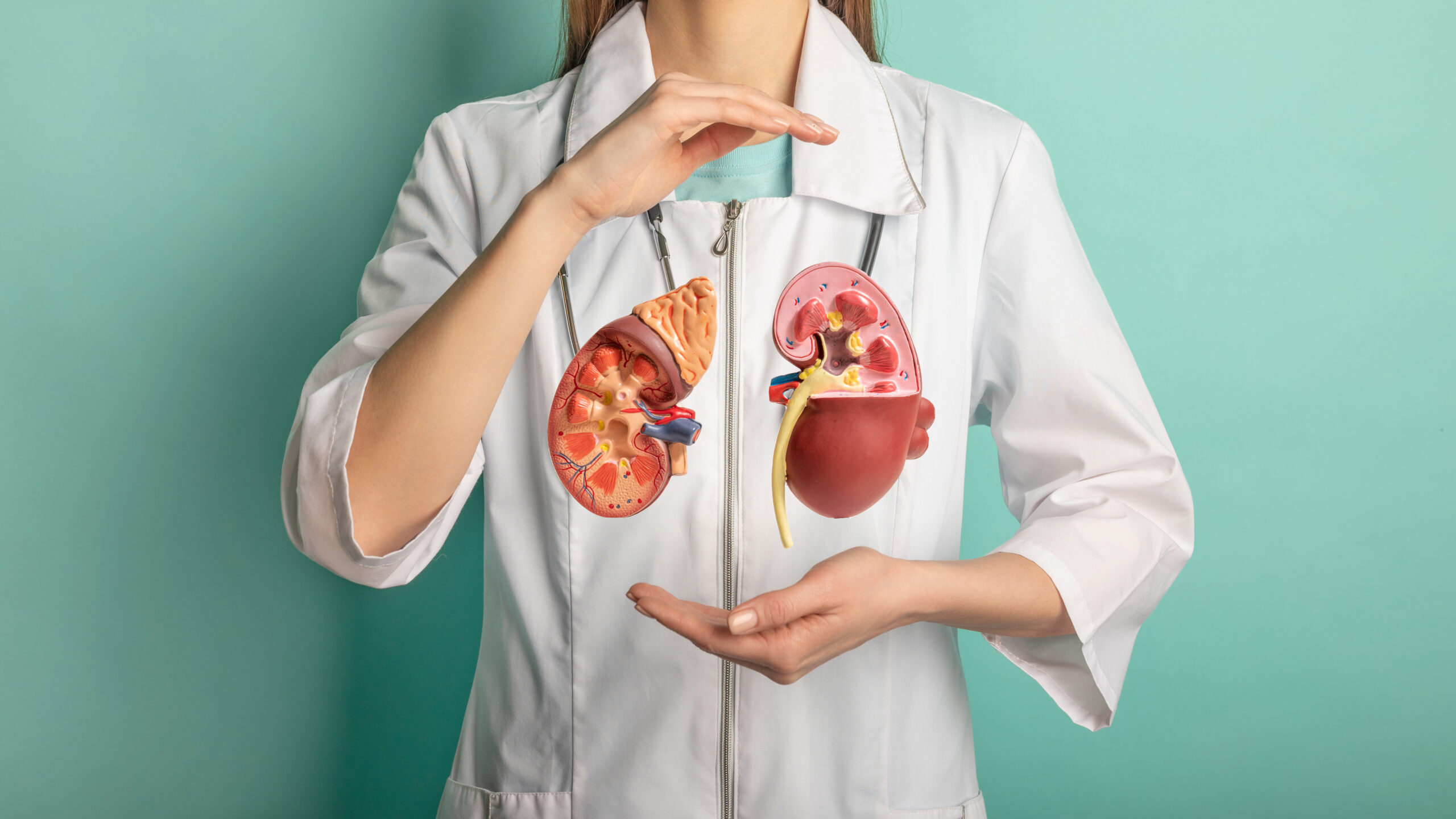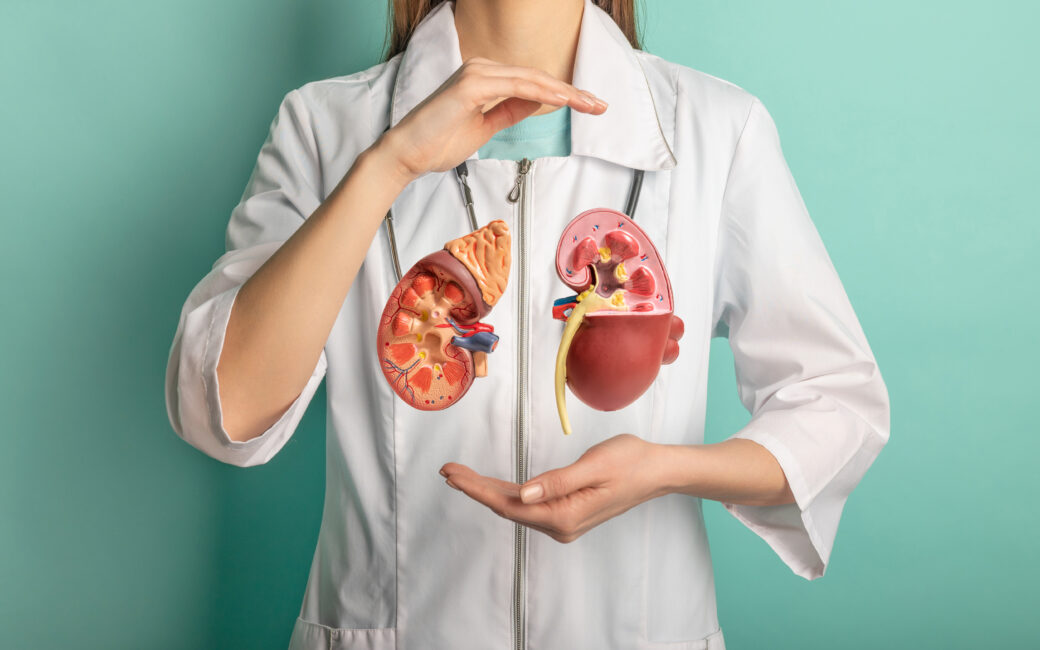What is the First Stage of Kidney Disease?
Kidneys diligently filter out waste and excess fluids from our blood, maintaining a delicate balance of electrolytes. But what happens when these essential organs start to fail? Let's delve into the first stages of kidney failure and understand how this condition unfolds.
During the first stages of kidney failure, the kidneys cannot filter waste products from the blood as efficiently as they should. This can lead to a buildup of toxins in the body, which can cause various health problems. Multiple factors, including high blood pressure, diabetes, and certain medications, can cause kidney disease.
Kidney disease is a severe condition that affects millions of people worldwide. It is a progressive disease that can lead to kidney failure if left untreated. The 1st stage of kidney disease is when the kidneys start to lose their ability to function correctly. This stage is also known as chronic kidney disease (CKD) stage 1. In this stage, the kidneys still function normally, but there are some signs of damage.

First Stage Kidney Disease Symptoms
Kidney failure first-stage symptoms can be subtle and may not be noticed until the disease has progressed. So, how do you know if you're in the first stage of kidney disease? It's crucial to be aware of the subtle hints your body might be giving you. While the symptoms may not be obvious, there are symptoms you can look out for. Here are some first-stage kidney failure symptoms to watch out for:
- Fatigue: You may begin to feel unusually tired, even after a full night's sleep.
- Changes in Urination: Pay attention to any changes in the frequency or color of your urine. You may notice that you're urinating more frequently, or it may appear foamy or darker than usual.
- Swelling: Kidney dysfunction can lead to fluid retention, causing swelling in your ankles, feet, or face.
- Difficulty Concentrating: As waste products build up in your bloodstream, you might experience difficulty concentrating or thinking clearly.
- Increased Thirst: You might find yourself drinking more water than usual due to excessive thirst.
Common Kidney Disease Tests
If you suspect that you have kidney disease, several tests can be completed to diagnose it. Kidney disease diagnosis is vital for early intervention and management. These tests include:
- Blood Pressure Measurement: Hypertension is a common cause of kidney disease. Monitoring your blood pressure can reveal potential issues.
- Urinalysis: A simple urine test can detect protein or blood in your urine, which can be signs of kidney problems.
- Blood Tests: A simple urine test can detect protein or blood in your urine, which can be signs of kidney problems.
- Imaging: Imaging tests like ultrasounds or CT scans can identify structural abnormalities in the kidneys.
- Kidney Biopsy: In some cases, a kidney biopsy may be necessary to determine the extent of kidney damage.
Schedule an Appointment with a Nephrologist in the Milwaukee, WI Area
At Midwest Nephrology, we are committed to providing individualized care and guidance to our patients, providing the best possible care for each kidney condition. Being one of Wisconsin’s longest-operating and largest nephrology groups, you can easily find a Midwest Nephrology location with a team of providers ready to assist you in diagnosing and treating your kidney concerns. Contact Midwest Nephrology Associates for more information or to schedule a consultation.
